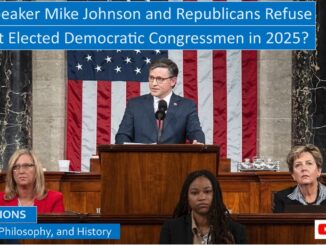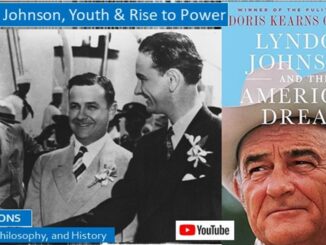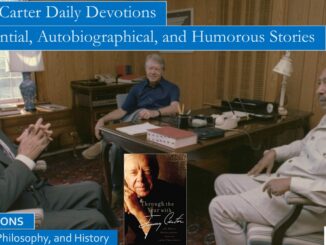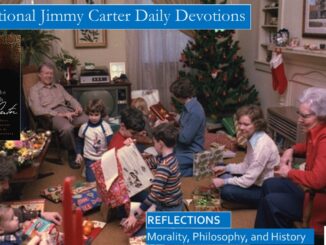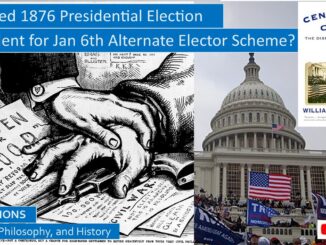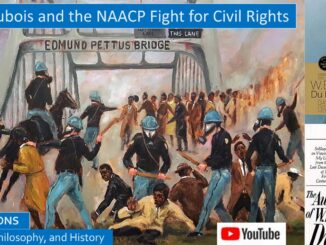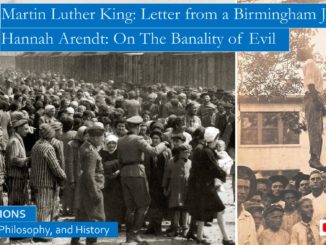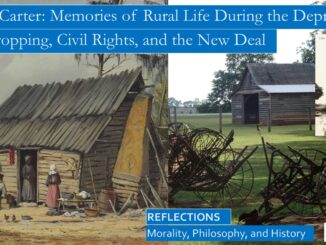
Jimmy Carter, Memories of Sharecropping, Hoboes, New Deal, and Civil Rights in Rural Georgia
“There was an issue that troubled my mother during my political years, when the news media began to probe our family’s history. One day she said to me, “Jimmy, one thing bothers me. Reporters have criticized your daddy lately about not being for racial integration. What they don’t recognize is that he died in 1953, when there was no such thing as integration, and nobody had ever heard of Martin Luther King or any civil rights movement. Your daddy always rejected all the racist organizations that degraded or persecuted black people, and both races always knew him to be fair and helpful. I was real controversial in the community sometimes, but he supported everything I did to help black people and to treat them well.” […]



